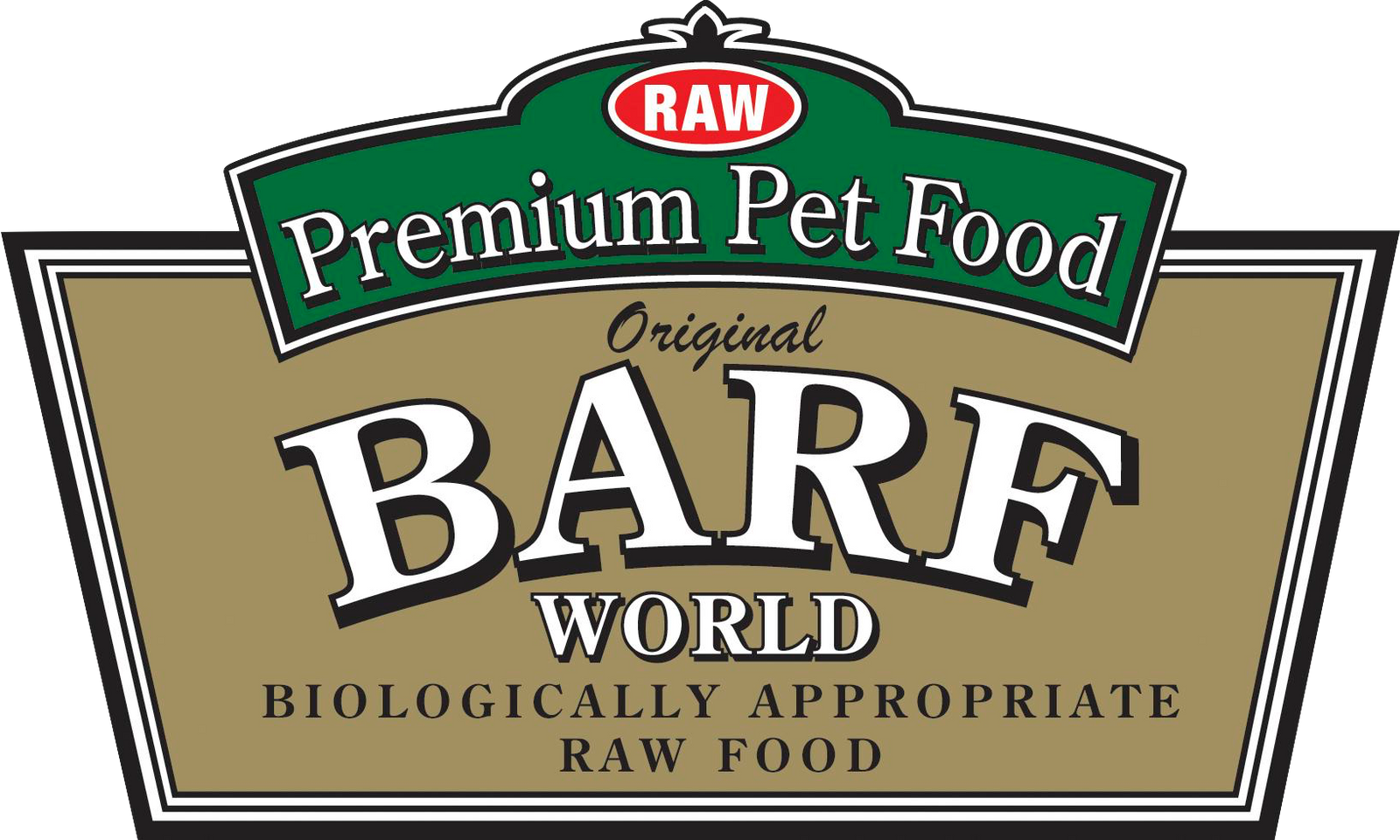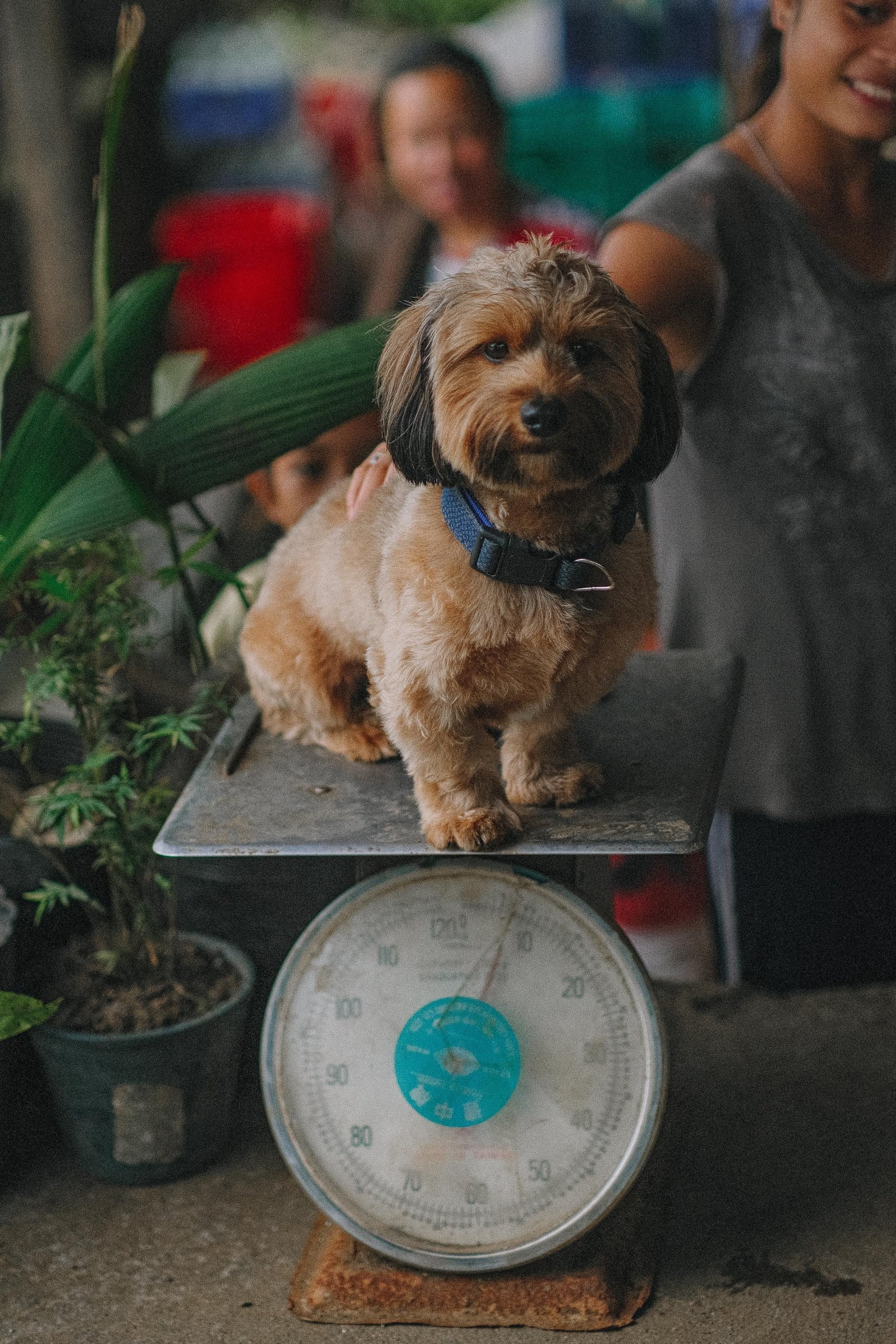Common Allergy Triggers
Common allergy triggers for dogs include environmental factors, food ingredients, and genetic predispositions. Environmental allergens such as pollen, dust mites, mold spores, and pet dander can cause allergic reactions in sensitive dogs. These allergens are often present both indoors and outdoors, making it challenging to avoid exposure entirely. Food allergies are another common trigger, with ingredients like chicken meal, wheat, and soy being frequent culprits. Certain dog breeds may also have a genetic predisposition to allergies, making them more susceptible to developing allergic reactions to various substances. Identifying and managing these common allergy triggers is essential for improving a dog's quality of life and overall health.
Symptoms of Dog Allergies
Symptoms of dog allergies can vary widely depending on the type of allergy and the individual dog's sensitivity. Common symptoms include:
- Skin Irritation: Itching and scratching are often the most noticeable signs of allergies in dogs. They may scratch excessively, chew on their paws, or rub against furniture to relieve itching.
- Redness and Rash: Allergic reactions can cause redness, rashes, and inflamed skin. You may notice areas of irritation, hot spots, or scaly patches on your dog's skin.
- Ear Infections: Dogs with allergies are prone to ear infections, characterized by redness, discharge, odor, and frequent scratching or shaking of the head.
- Respiratory Issues: Some dogs with allergies may experience respiratory symptoms such as sneezing, coughing, wheezing, or nasal discharge. These symptoms are more common in dogs with environmental allergies.
- Digestive Problems: Food allergies can lead to digestive issues like vomiting, diarrhea, gas, and bloating. These symptoms may occur after eating specific foods that trigger the allergic reaction.
- Hair Loss: Chronic scratching and licking due to allergies can lead to hair loss, especially in the affected areas where the skin is irritated or inflamed.
- Behavioral Changes: Dogs may exhibit changes in behavior, such as increased irritability, restlessness, or reduced activity levels, due to discomfort caused by allergies.
Managing Dog Allergies
Managing dog allergies involves a multi-faceted approach aimed at reducing allergen exposure and alleviating symptoms. Here are key strategies for managing dog allergies:
- Regular Grooming: Bathe your dog regularly with hypoallergenic shampoos to remove allergens from their fur and skin.
- Clean Living Space: Vacuum your home frequently, especially areas where your dog spends time, to reduce pet dander, dust, and pollen. Use HEPA filters in air purifiers and HVAC systems.
- Hypoallergenic Bedding: Provide your dog with hypoallergenic bedding and wash it regularly to minimize allergen buildup.
- Outdoor Precautions: Limit outdoor exposure during peak pollen seasons and wipe your dog's paws and coat after outdoor activities to remove allergens.
- Dietary Modifications: If food allergies are suspected, our variety of diets are here to help. The most common allergy friendly proteins are Lamb, Turkey, or Beef. With 3 different choices we make it easy to find what works for your pet. We highly recommend starting with our Freeze-Dried products to see what works best with your pet.
- Avoidance of Triggers: Identify and avoid known allergens that trigger your dog's reactions, such as certain plants, chemicals, or grooming products.
Educate yourself about dog allergies, including common triggers and symptoms, to better manage your dog's condition. Join online forums or support groups for pet owners dealing with allergies to share experiences and tips. We also have an exclusive support group on Facebook for our Elite Members. Our BARF Boost Bundle is a great addition to any diet to combat allergies and strengthen the immune system.
We are always here to help with your pets needs over the phone or email; 866-282-2273 / info@barfworld.com





